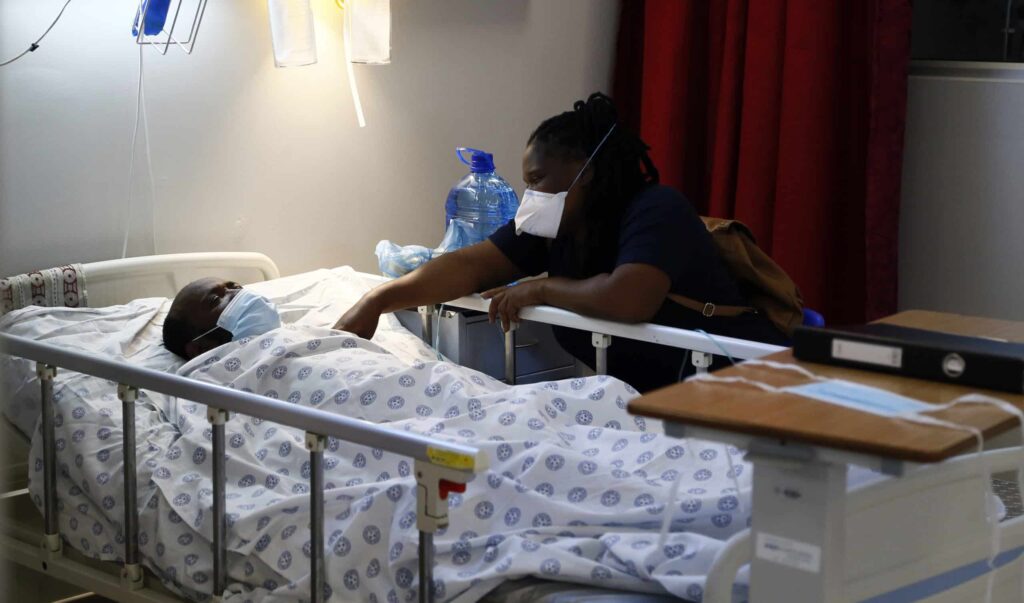According to an update from the Gauteng health department on Wednesday morning, seventeen people have now died after being diagnosed with diarrhoeal disease in Hammanskraal.
Department spokesperson Motalatale Modiba said the number of laboratory-confirmed cholera cases was now 29.
“The department continues to urge people to ensure proper hand hygiene, which includes thorough washing of hands with water and soap or alcohol-based sanitiser before handling food and after using the toilet,” Modiba said.
Health authorities are working tirelessly to contain the Cholera outbreak, prevent further transmission, and provide critical medical assistance to those affected.
The outbreak was first detected two weeks ago when an unusually high number of patients with cholera symptoms started seeking medical attention at local clinics and hospitals. Cholera, a highly infectious bacterial disease, spreads through contaminated food and water sources, causing severe diarrhea and dehydration. If left untreated, it can be fatal.
The provincial health department immediately launched an investigation to identify the source of the outbreak and implement necessary control measures. Preliminary findings indicate that the contamination likely originated from the local water supply, which serves thousands of residents in the area. Further testing and analysis are underway to confirm these initial findings.
As a proactive measure, local authorities have issued public health advisories, urging residents to boil drinking water and practice proper hygiene, such as frequent handwashing. Additionally, the distribution of clean drinking water and oral rehydration solutions has been prioritized to mitigate the spread of the disease.
Hammanskraal, a densely populated town located north of Pretoria, is grappling with the challenge of ensuring access to clean water and adequate sanitation facilities. The outbreak has exposed underlying infrastructure issues, including aging water pipelines and inadequate waste management systems. Efforts are underway to address these systemic problems in order to prevent future outbreaks and safeguard public health.
The South African government, in collaboration with international organizations and NGOs, has mobilized resources to support the affected community. Medical teams have been deployed to the region to provide treatment and educate residents on cholera prevention measures. Mobile clinics have been set up to reach remote areas and facilitate early detection of new cases.
In addition to the medical response, efforts are being made to improve water and sanitation infrastructure in Hammanskraal and surrounding areas. Plans are underway to repair and upgrade water supply systems, enhance waste management practices, and educate the community on proper sanitation practices.
The outbreak has sparked a national conversation about the urgent need to address water and sanitation challenges in South Africa, particularly in vulnerable communities. The government has pledged to prioritize investment in infrastructure development and implement long-term solutions to ensure access to clean water and adequate sanitation for all citizens.
While the situation remains challenging, health authorities and relief organizations are working diligently to bring the cholera outbreak under control. The collaborative response efforts aim to contain the spread of the disease, provide necessary medical care, and address the underlying issues that have contributed to the outbreak.
As the situation evolves, it is crucial for residents of Hammanskraal and neighbouring areas to remain vigilant, follow the guidance of health authorities, and seek medical attention at the first sign of cholera symptoms. Through collective action and sustained support, South Africa aims to overcome this outbreak and build a healthier, more resilient future for all its citizens.
